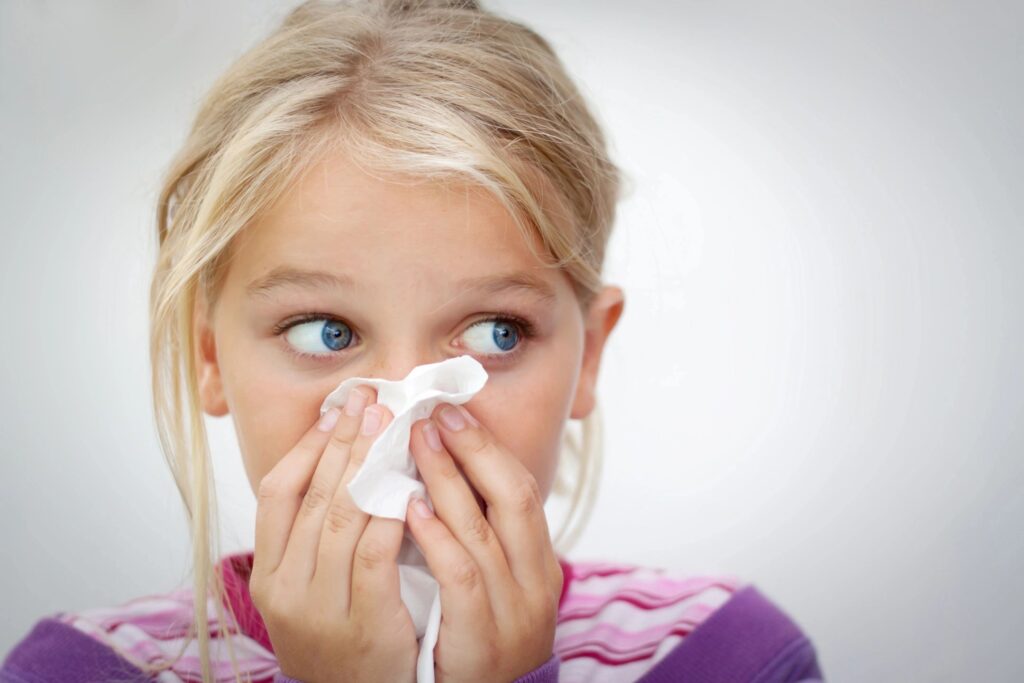
For many, the beginning of a new year is also the peak of the winter season. It is also a time when the spread of viruses like RSV and influenza is at its peak. This makes it a difficult goal to stay “healthy” when we often start the new year indoors, spreading the “crud” amongst each other. This is exactly why it is an ideal time to focus on your family’s health and well-being!
I am well aware that there is a huge amount of ideas posted on how to stay healthy. This post is going to share five simple things that I commonly recommend to patients and do myself.
Happy New Year!
Ben
5 simple tips on how to stay healthy this winter
- Wash your face. We all know to wash our hands frequently during the winter season, but are we washing the other areas exposed to someone’s cough or sneeze, like our face? I recommend washing your and your kid’s face at least twice a day. It is especially important to wash your face soon after work, school, or daycare. In theory, this will help rinse off the germs that have landed on your face and hands throughout the day. Washing your face will also help keep your complexion healthy. Try not to use a drying soap, but any facial cleaner or soap will do. Of course, follow with a facial moisturizer if needed.
- Use nasal saline. A majority of upper respiratory infections start in your nose. Our nose is meant to be the path for which we filter the air we breathe when we are at rest. Using preservative-free nasal saline twice a day can help support your nose’s ability to clear out the viruses and prevent them from settling in and replicating in your upper airway tissues. Using a nasal saline feels good and acts as a natural decongestant. Infants and toddlers are usually not fans of getting saline placed up their noses, but it can be worth the battle!
- Get your vitamin D. During the colder and cloudy winter months it is more difficult to get vitamin D naturally through sunlight. Plus, we protect ourselves from the sun’s rays during the summer. Vitamin D plays a complex role in our immune system. There is some evidence that being vitamin D deficient can negatively affect our immune system’s function. Vitamin D is a fat-soluble vitamin, meaning it is stored in our fat cells and is harder for our bodies to expel and therefore easier to overdose. Fortunately, you have to consume a very large dose for an extended period to have vitamin D toxicity. The generally recommended vitamin D dosages are:
-birth- 12 months old: 400IU per day.
-1-18 years old 600-1,000IU per day.
-over 18 years old 1,500-2,600IU per day.
- Laughter. We have all heard the saying, “Laughter is the best medicine.” Well, now there is scientific proof that laughing can positively affect your body and mind. Positive thoughts, like laughter, help release neuropeptides that can help fight physical stress. Laughter is also contagious. Making other people laugh is giving them a little loving medicine! So, let’s try to laugh a little more.
- Reducing added sugar in your diet. I know, this can be difficult during the holidays with all the sweets and drinks. Some of the providers I know swear that we see more sick kids in the office after Halloween due to the amount of Halloween candy consumed. There is some evidence that eating a large amount of added sugar at once can negatively affect our immune system. There is some evidence that consuming 75 grams of sugar can affect our immune system for up to 5 hours! In comparison, one 12 oz soda contains around 40 grams of sugar (10 teaspoons). So, pace your sugar consumption during this winter, especially when any family or friends are sick.
